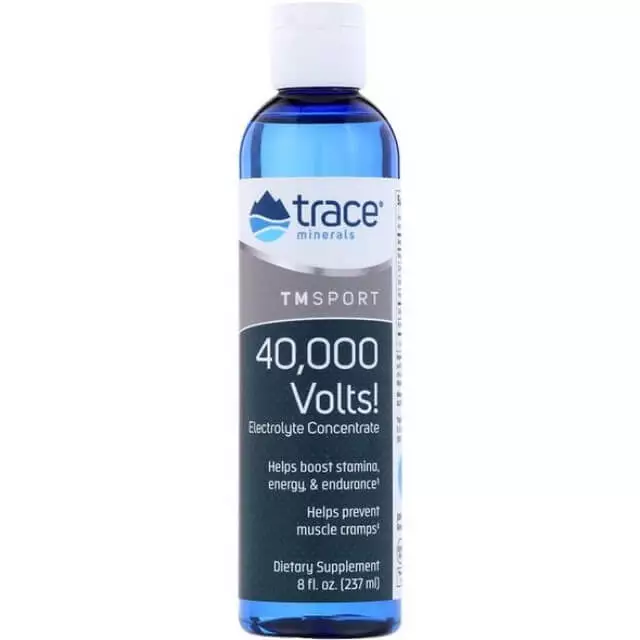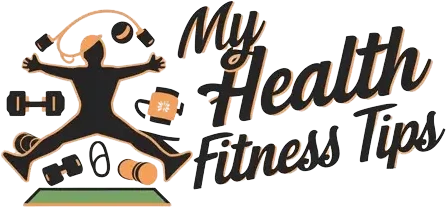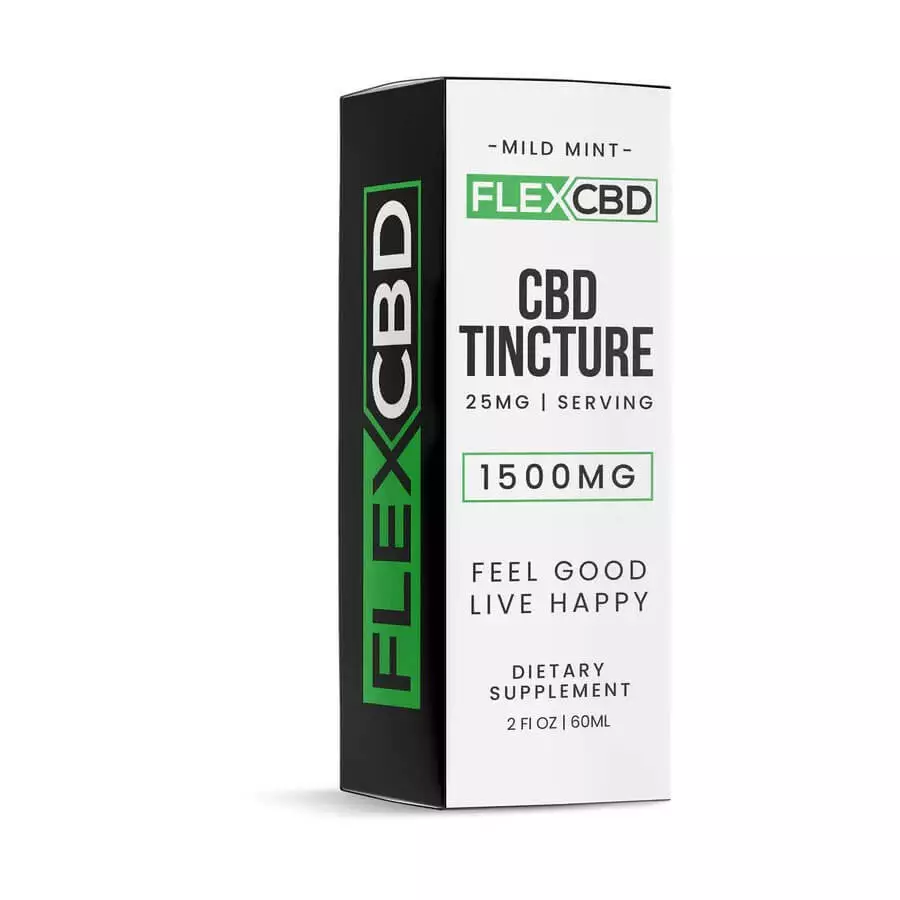Your body needs electrolyte minerals for many different functions. They play a role in muscle contraction, heart function, and fluid balance. Electrolyte minerals such as sodium, potassium, and magnesium are essential for these processes.

Sodium is needed for muscle contraction and nerve function. It also helps regulate blood pressure and fluid balance. Potassium is important for heart function and muscle contraction. It also helps regulate blood pressure and fluid balance. The body needs magnesium to produce energy, contract muscles, and function properly.
Where Can I Get Electrolyte Minerals?
Electrolyte minerals are found in many foods, such as fruits, vegetables, meat, poultry, fish, dairy products, nuts, and seeds. They are also available in supplement form.
Most people get enough electrolyte minerals from their diet. However, some people may need to take supplements if they are not getting enough from their diet. People who exercise heavily or sweat a lot may need to take electrolytes to replace what they lose through sweating. People with certain medical conditions, such as kidney disease, may also need to take electrolyte supplements.
Electrolyte supplements are available in many forms, such as tablets, capsules, powders, and drinks. They are also available in different flavors. Some electrolyte supplements contain only one electrolyte mineral, while others contain a combination of several electrolytes.
Trace Minerals Electrolyte Concentrace is an electrolyte supplement that contains natural electrolytes. It is available in a liquid form, which makes it easy to take. It is also flavorless, so it can be added to any beverage.
Adding Electrolyte mineral drops to your beverage of choice before, during, and after physical activity can help improve your performance by maintaining healthy electrolyte levels in your body and preventing muscle cramps. Concentrated minerals can also be taken at night to help prevent nocturnal muscle cramps.

Alina Smith is a health blog author with an interest in the intersection of wellness and mental health. She’s worked as a writer, editor, and communications specialist for various healthcare organizations. Alina has also led projects to improve access to care for underserved populations in both rural and urban settings.




